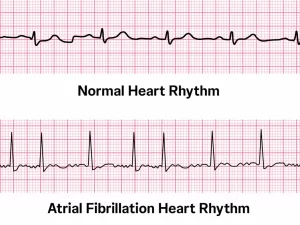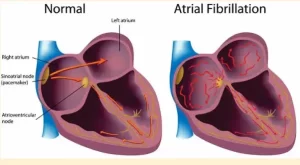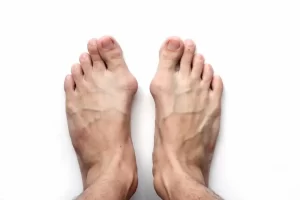By Kelley Grabenstein
You don’t know me. But you might care about me. I am one of the vulnerable. Vulnerable to Coronavirus. Vulnerable to getting very sick, being hospitalized, or dying. My name is Kelley, I just turned 44, and I suffer with a chronic illness. During the summer, I also contracted Lyme disease. I have not been in a public place since March 19th. Eight months now, it is starting to feel like eight years. But I am one of the lucky ones. I have a husband and kids. Amazing friends, and extended family who have been incredibly supportive.
Even with a fantastic support system, things have been challenging, to say the least. Seeing friends and family in person, in groups or indoors, is not on the agenda. The only family I see on a regular basis are my parents, who are also isolating. My daughter and granddaughters came from out of state to visit, and I had to wait ten days to hold them, hug them, kiss them. It was heartbreaking to have to sit outside, 6 feet away, for almost two weeks. Doctor appointments have been virtual only. Necessary blood work is on hold until the pandemic is under control. And some days, facing the exhaustion from the Lyme disease, and the isolation from the pandemic is almost overwhelming. FaceTiming and phone conversations with family, having my parents’ support, virtual cocktail hours with friends, internet support groups, and my husband being home more due to lack of work allowing him to help with basic chores, have all been vital in my day to day survival.
If Coronavirus has been hard on healthy people, it’s been particularly challenging to people who fall into the vulnerable category. Vulnerable not only to the virus, but to depression, anxiety, loneliness, and isolation. The elderly stuck in nursing homes, not allowed visitors. The Chronically ill or immune suppressed, forced to self isolate at home for months on end. Homeless teenagers who have aged out of the system, with nowhere to go, and no one who cares. The mentally ill, unable to cope, committing suicide at alarming rates.
I know you do not want to wear a mask. I know you are sick of sitting at home and want to go to a bar with your friends. I know you are so fatigued by all the social distancing, hand washing, and restrictions. It is so easy to just let it all slide. To just leave off your mask, skip the hand washing. Go out to a bar or restaurant with your friends. Trust me, I understand. Going to a bar or restaurant with friends sounds like an exclusive, expensive, vacation to me right now.
We need to all come together in this time of tragedy and uncertainty and help each other. Think about all the people who are so much worse off than you. Do something positive. Call or FaceTime friends and family who might need someone to talk to. Take a meal to an elderly neighbor. Volunteer at the homeless shelter. Donate to your local food bank.
If you, or someone you know, is in crises, there are plenty of local resources available:
FOOD ASSISTANCE
Village Church Food Pantry-
Harvest House-
CRISES, EMERGENCY AND ESSENTIAL NEEDS
Catholic Charities of Northwest Florida-
Dial- 211 or (866) 728-8445
MENTAL HEALTH
LISTING BY AREA OF LOCAL CRISES HOTLINES
Suicidehotlines.com/Florida.html –


